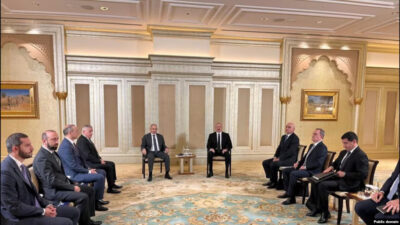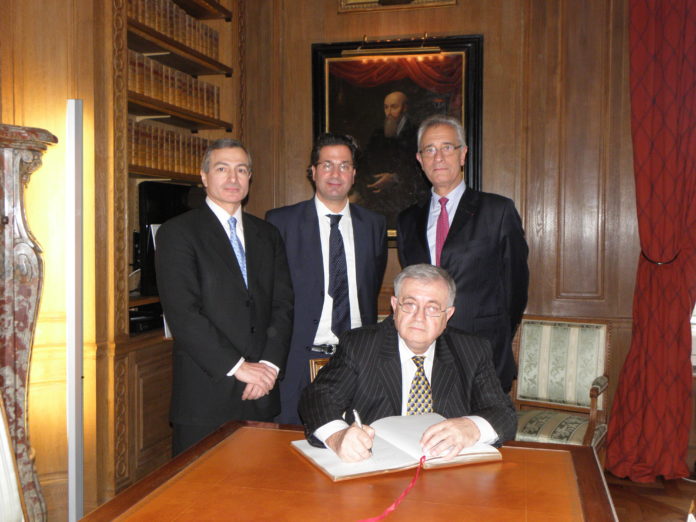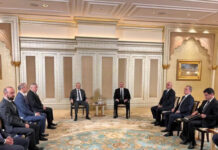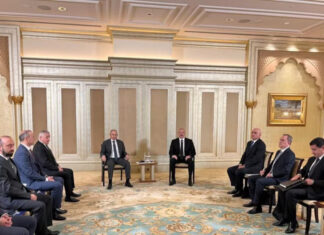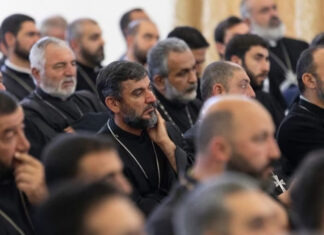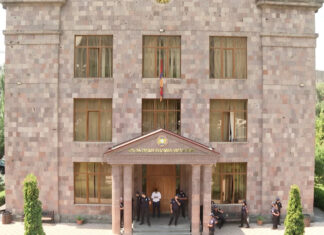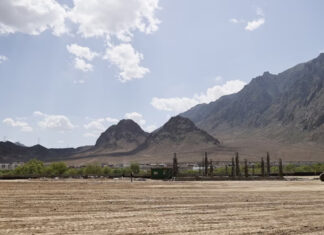Ruben Aramich Sahakyan, 74, passed away on October 17, 2021. He was my friend and my partner on the paths of justice and rule of law in Armenia. We were driven by the same patriotism and the same objective of defending rights and freedoms. Our pragmatic approach led to the creation of a system of checks and balances within Armenian institutions and civil society. Those principles and values are still in danger.
He was little known in the diaspora, except in legal circles. Some knew only of his case as one of the members of the team representing former President Robert Kocharyan in the recent cases that hit the political headlines. This represented only a small part of his activities, especially when one considers the depth of his ideas.
He was not interested in partisan politics. He had offered his services to the first three presidents of Armenia. He served in the legal division of the Armenian National Movement (ANM) in 1988, but distanced himself after the political repression of the early 1990s. At the forefront of several judicial cases, he was physically attacked in his own office by the henchmen of Vano Siradeghyan, the then-powerful minister of internal affairs. He held a deep grudge against the first president, Levon Ter-Petrosian, because of that.
Beyond the man and his career, this tribute aims to draw some lessons from the partnership we formed, not only as people but as people who worked to benefit Armenia and the diaspora.
Many “experts” try to develop patterns of Armenia-Diaspora cooperation, while the simplest ingredients of the formulation are ignored. Whatever the model, the cooperation rests above all on human relations and the sharing of values and principles. People in the field who have had similar experiences will recognize themselves in this description.
Language of Truth and Courage
